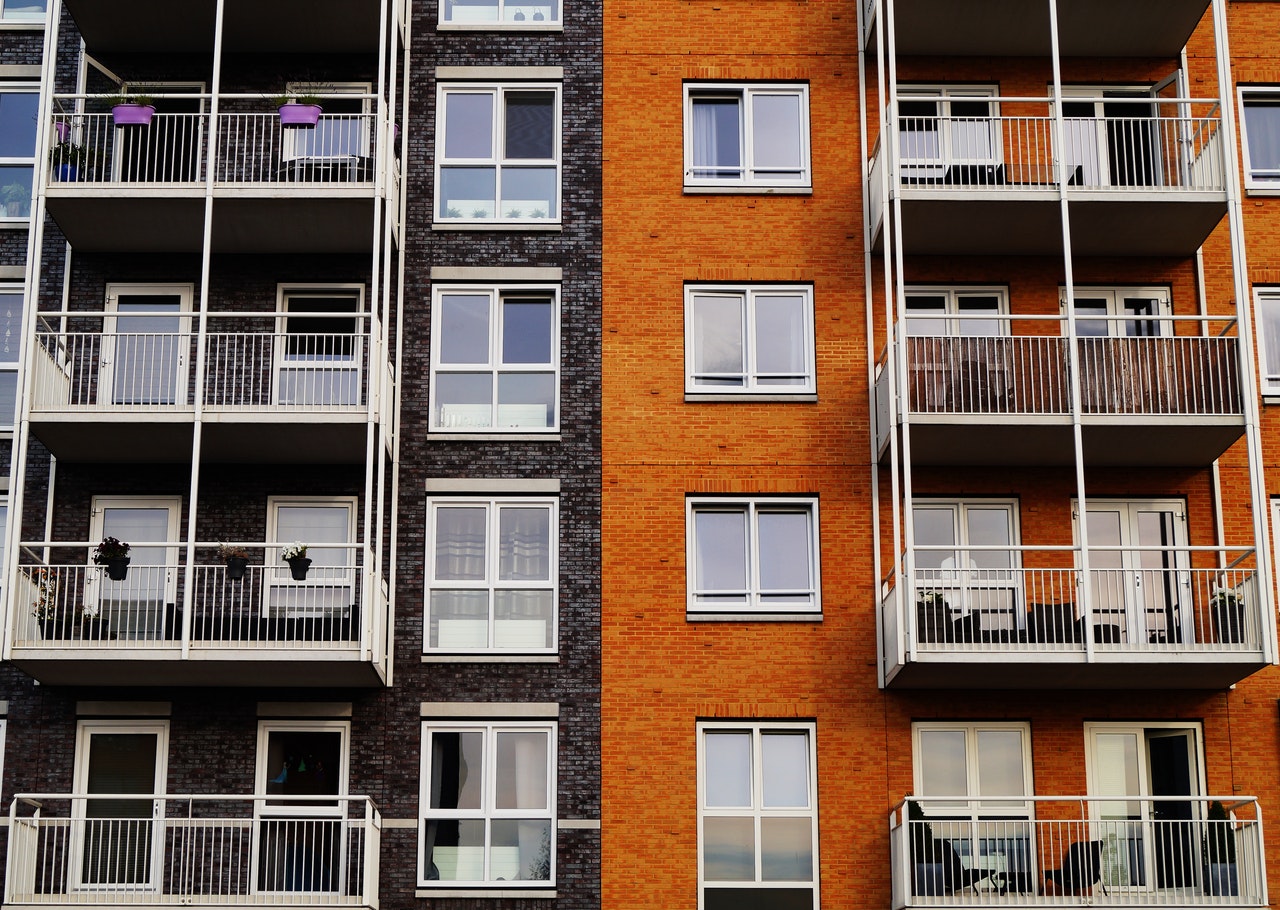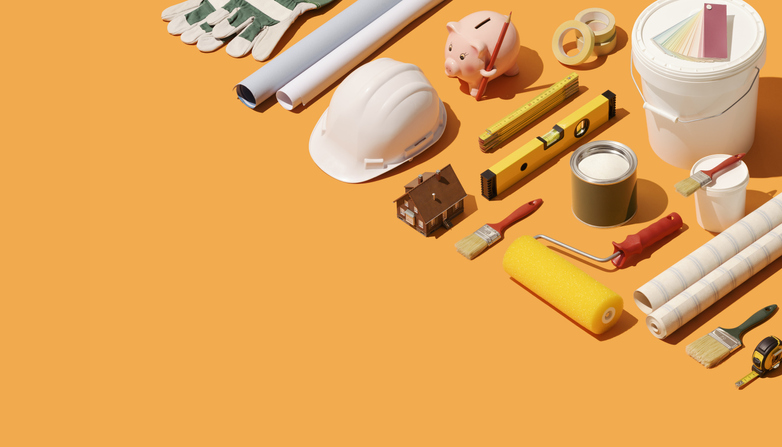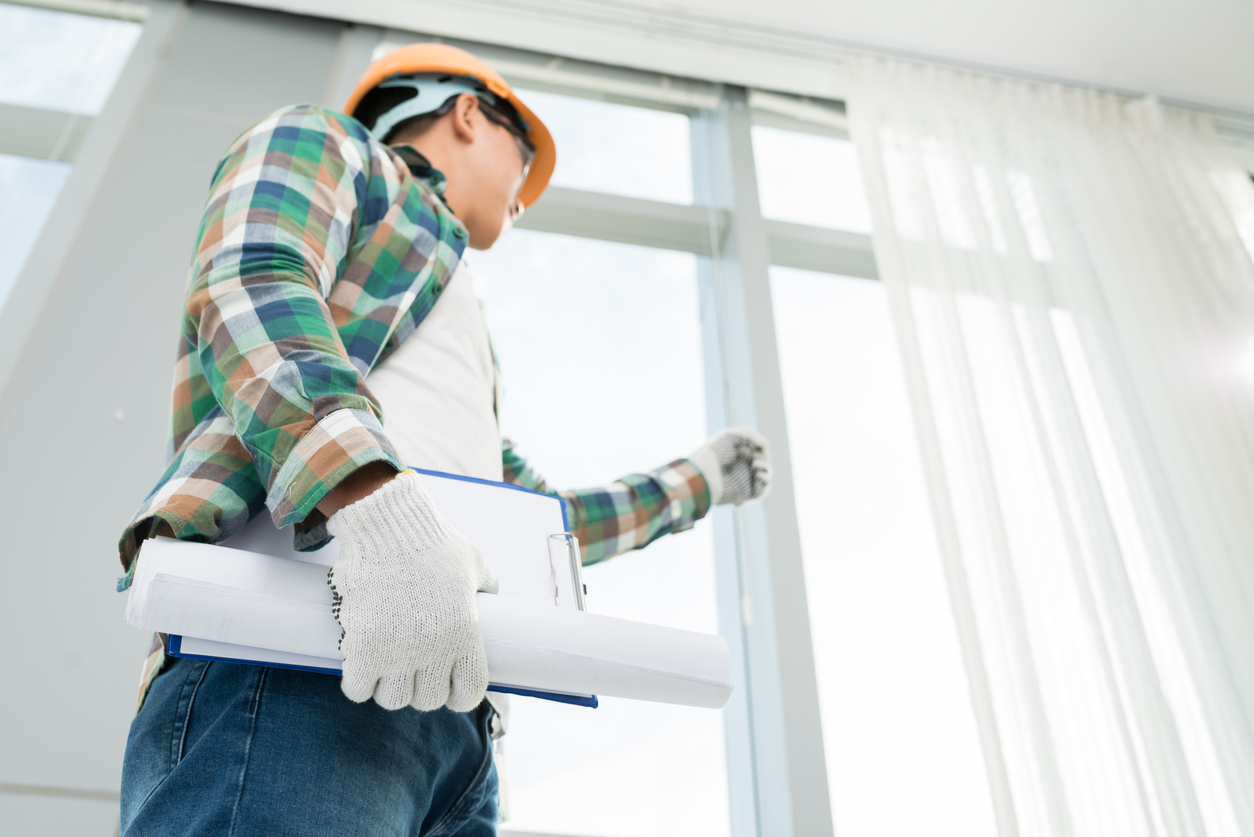Deciding where to hang your hat can be difficult when there are so many options and variables to consider. Should you rent? Should you apply for a mortgage? City or suburbs? These days, about 31% of first-time buyers account for the most recent real estate sales. Are you ready to sign your name to a 30-year payment agreement for a house? Today, older Millennials make up the largest percentage of home buyers. However, the country’s homeownership rates have been declining for the past decade as increasing numbers of older adults opt for the flexibility of a lease agreement.
The truth is, there are pros and cons associated with both buying and renting. Yet, with a careful reflection about how and where you want to live your life, you can weigh your options to make the ideal decision for your present circumstances. Here, we’ll help you explore the ups and downs of living in a house, townhouse, condo, or apartment.
Should You Rent or Buy?
Often, when confronted with the question of whether to buy or rent, most people in need of new digs consult with their bank account for an expedient answer. Although rents have climbed in recent years, rivalling the cost of monthly mortgage payments (especially in major cities), the necessity of a down payment can be prohibitive to buying. However, while many first-time homebuyers assume that 20% is the standard down payment amount, the average amount is actually around 7% of the home’s overall price tag. Still, fiscal concerns aren’t the only deciding factor when it comes to buying and renting.
Pros and Cons of Renting
For many, renting is the right option. It’s not that hard to find leases that suit their flexibility needs. Rental contract lengths are generally a year, six months, or month-to-month arrangements. Renting is also great for people who don’t want to be burdened by property upkeep or interior maintenance and repairs. Even in areas where rents are as costly as some mortgage payments, renters don’t have to pay property taxes or foot the bill for the repair or replacement of costly home systems like the furnace and refrigerator.
On the other hand, there are some downsides to renting. Renters don’t build equity as they would when paying a monthly mortgage — rather, their rent enables property owners to build equity. The landlord or leasing companies of properties can raise the rent or even put the property you’re living in up for sale at any time. Renters don’t get tax breaks for renting, because they’re not paying any mortgage loan interest. Renters also face a lot of rules stipulated by lease agreements, such as the number of occupants that can live in the residence, whether or not pets are allowed, and whether or not they can paint the walls a color of their own choosing.
Pros and Cons of Buying
Similarly, there are plenty of pros and cons associated with homeownership. Owning a home can be expensive—and the costs go far beyond the monthly mortgage payment. Property owners have to pay for any repairs to the home or property that their insurance doesn’t cover—and it doesn’t cover much beyond damage from catastrophic events, like a hurricane or hail storm—and they’re responsible for property taxes and homeowner’s insurance.
Homes also require interior and exterior maintenance—from landscaping to painting, house maintenance, and repairs are relatively routine for homeowners. In addition, a mortgage is much more binding than a lease. A house isn’t a liquid asset, so if you want to up and leave, you have to deal with the cumbersome process of selling your house, and that can take months—or even extend beyond a year.
Nevertheless, homeowners do build equity in their homes with each monthly mortgage payment. Owners can expect tax breaks by declaring their mortgage interest on their taxes. Their home is also an investment—they could actually make money on it at sale time if its value increases. Homeowners can also decorate their home or transform its design however they see fit. There’s a tremendous amount of freedom that comes with owning a home that many people enjoy.
What Are You Looking for in a Place to Live?
When deciding whether to buy or rent, you’ll need to carefully consider your needs and lifestyle. Ask yourself these questions:
- Are you expanding your family and need space for the kids?
- Are you up for a job promotion that might require relocating?
- Do you travel on a routine basis?
- Do you need space for your dogs to romp around?
- Do you need space for entertaining?
By reflecting on your needs, you can arrive at the right decision for yourself and the members of your household. Owning a home is more conducive to some situations while renting is a better fit for others.
House vs. Apartment vs. Condo vs. Townhouse
Whether renting or buying, you’ll need to reflect on what life might be like for you in specific types of homes. Let’s explore:
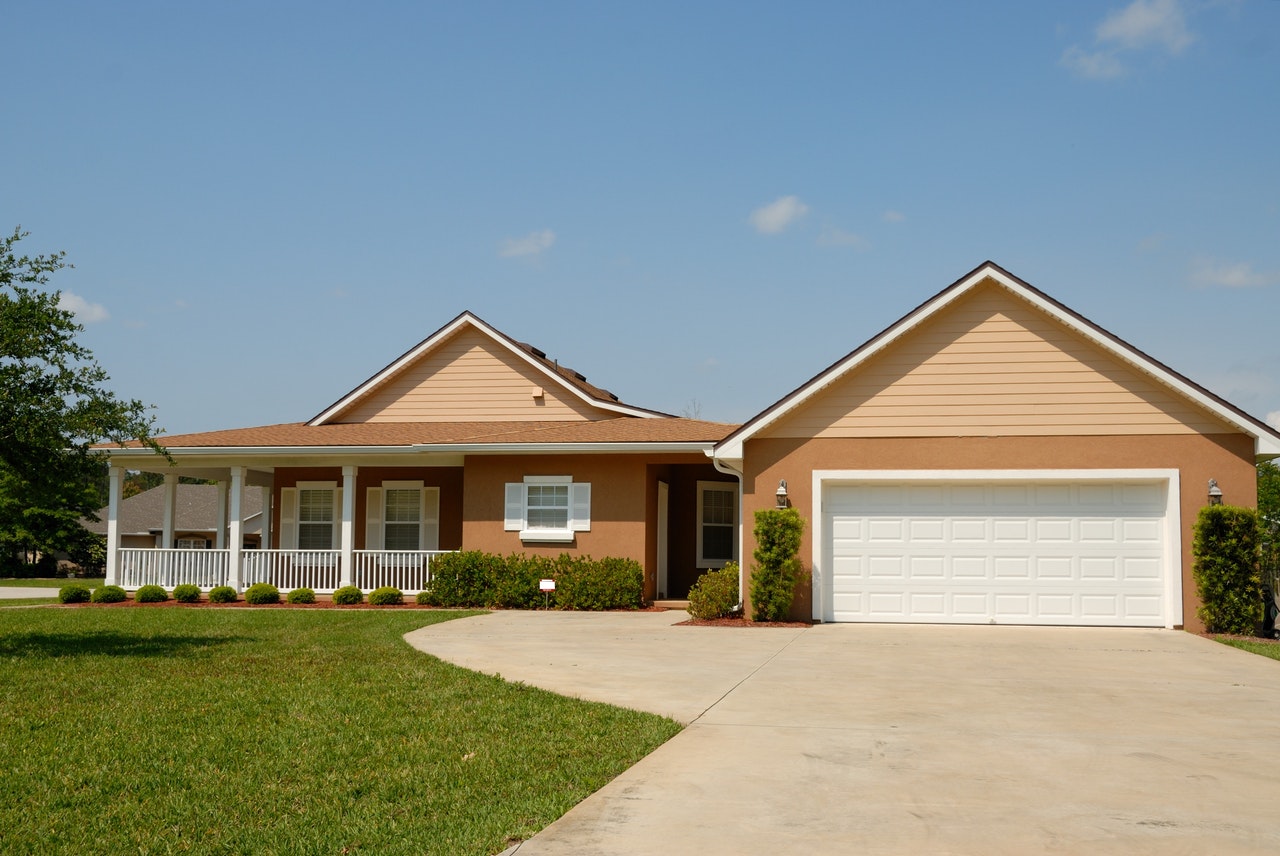
Living in a House
Living in a house generally means you have more interior and outdoor living space than living in an apartment. Houses are often the best options for families who need a home with multiple bedrooms and a backyard. On the other hand, homes require maintenance and the expense that goes with them. Also with a bigger home, the cleaning tasks would take longer if you decide to do them yourself. Otherwise, if you decide to hire a company that offers cleaning services, it would make things much easier and the home would be cleaned professionally.
Here are some important factors to weigh when deciding whether or not to purchase a house:
Pros
- Increased sense of privacy
- More interior and exterior space (generally)
- More freedom to decorate as you wish, entertain or make major property changes
- Investing in a home is a fiscal investment
Cons
- Sense of isolation
- Lots of maintenance requirements and associated expense (i.e. snow removal)
- The necessity of a down payment
After evaluating the pros and cons, you might find yourself leaning more one way than another when it comes to buying a home.
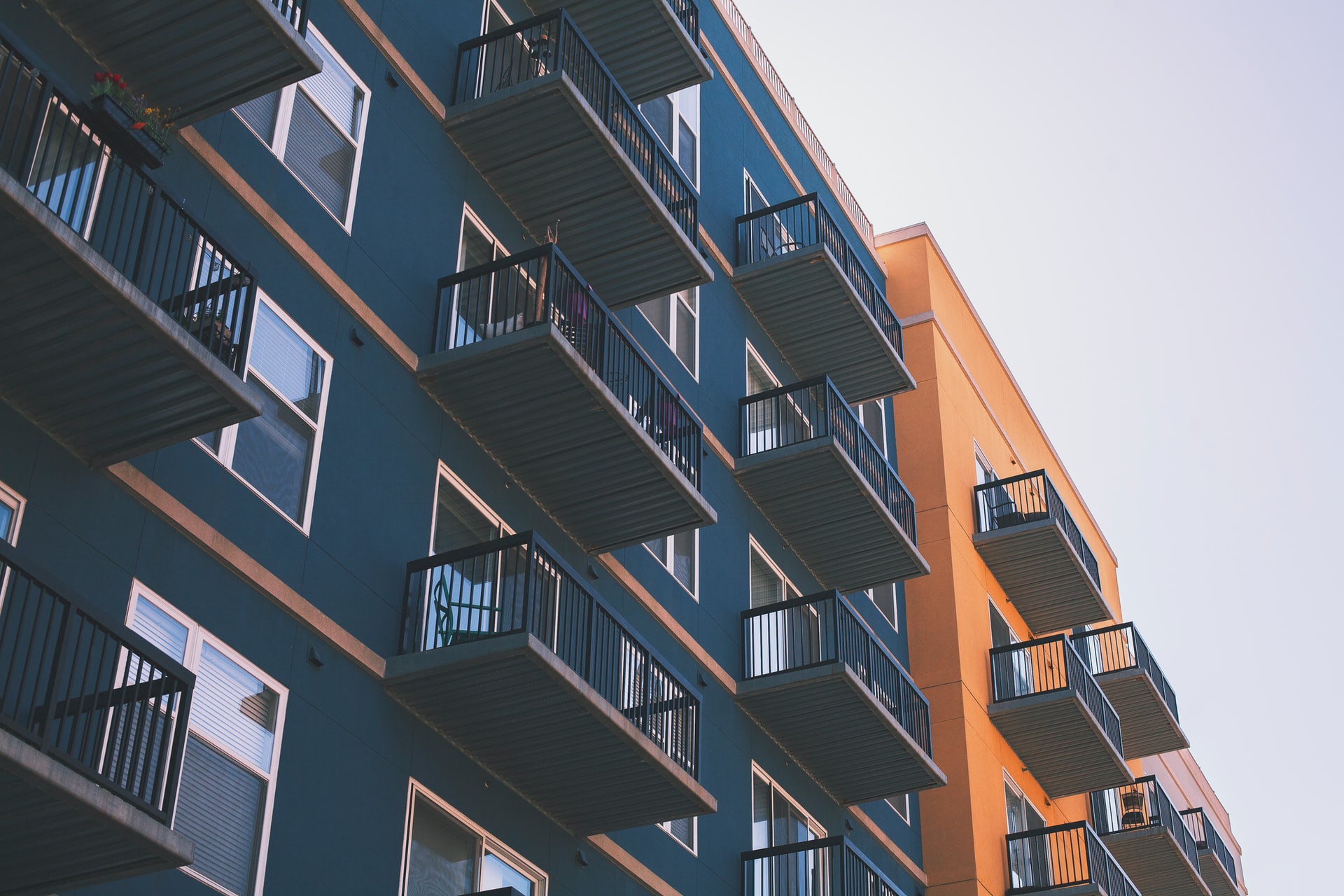
Living in an Apartment
Renting or owning an apartment definitely has its advantages, but there’s no denying the negative elements. Determine if the pros outweigh the cons associated with apartment living:
Pros
- Usually cheaper to pay rent than a mortgage
- Less or no maintenance and repair responsibilities
- Increased sense of security because of the proximity of neighbors and complex oversight
- Presence of onsite amenities like swimming pools, clubhouse, and fitness center.
Cons
- Smaller space than a house
- Inability to change the floor plan or decorative elements (i.e. wall color)
- Potential for noisy neighbors
- Lack of privacy
- Pets may be unwelcome
- Inadequate parking and storage
- Shared laundry facility
Renters, too, will most likely have to provide a security deposit before moving in; however, this amount is usually much less than the downpayment for a house.
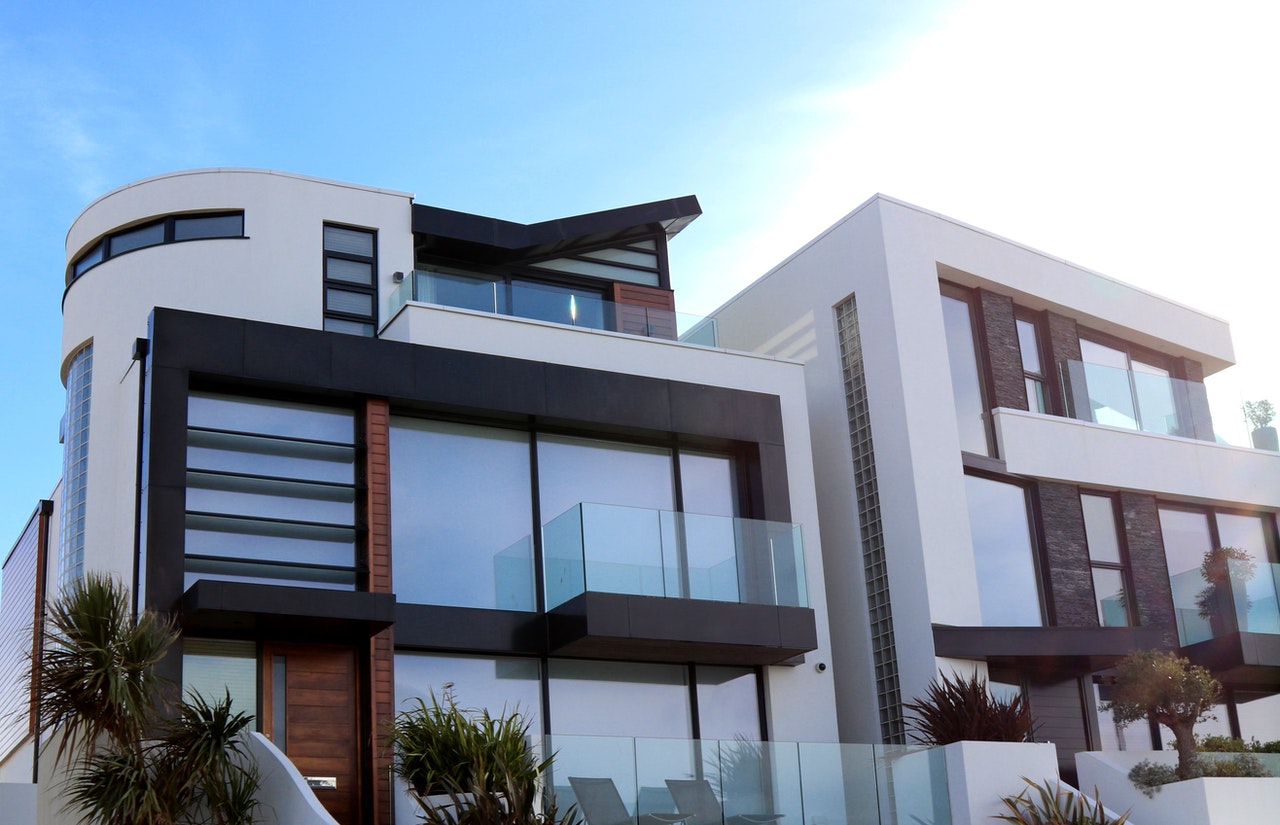
Living in a Condo
Buying a condo is generally less expensive than buying a house, and renting one is generally more expensive than renting an apartment. Is living in a condo the right choice for you? Explore the pros and cons and find out:
Pros
- More spacious and luxurious than apartments
- Often feature amenities like door staff, in-apartment laundry facilities, etc…
- Investment (residents pay on condominiums with a mortgage)
- Freedom to decorate according to preferences
Cons
- Lack of privacy (similar to apartment living)
- Lack of outdoor space
- Might not be pet friendly
- More difficult to sell than a house
If you enjoy apartment living but want to enjoy the investment perks of home ownership, a condo might be the ideal choice for you.
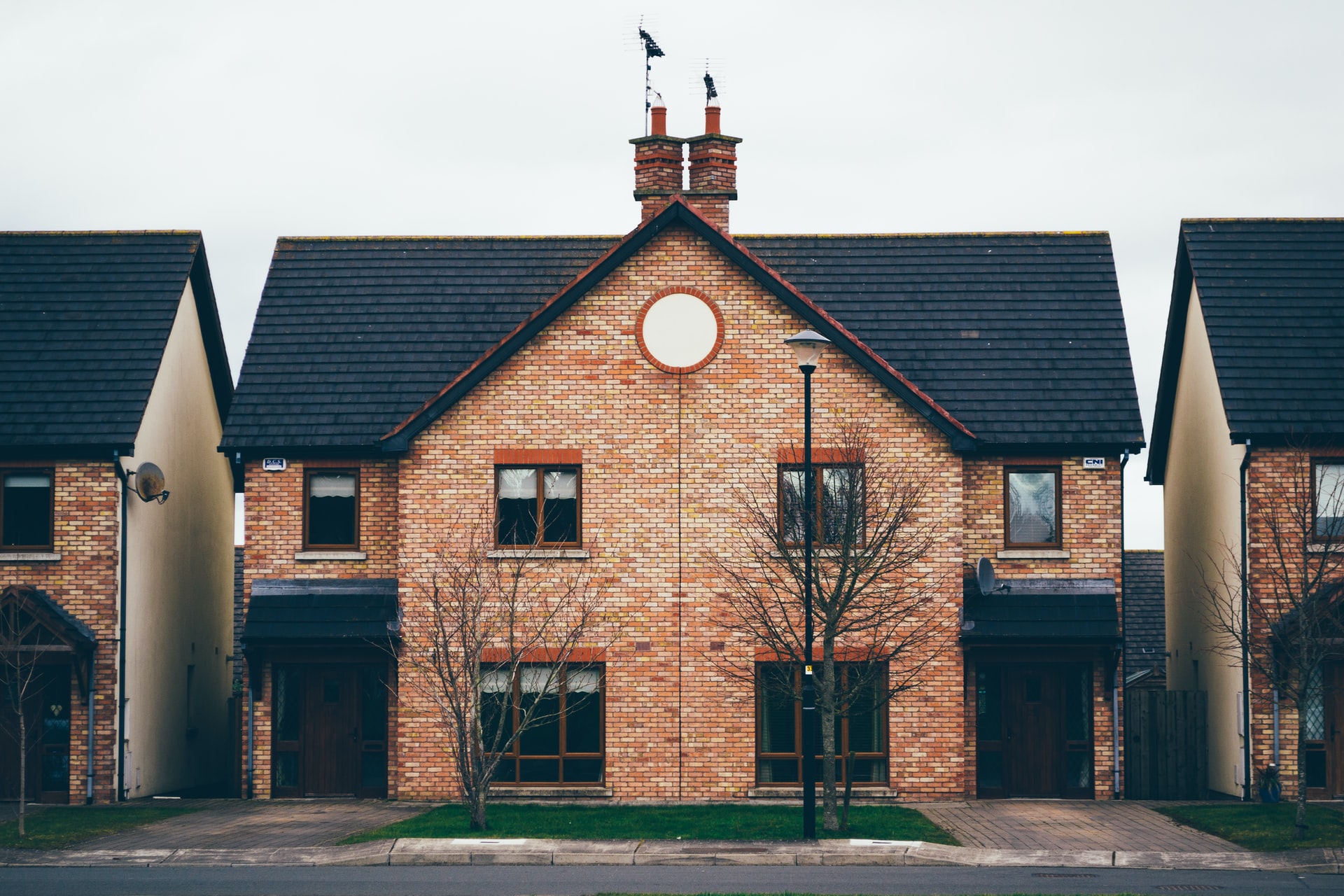
Living in a Townhouse
Many people enjoy life in a townhouse because it blends many of the features associated with other types of homes. Discover if this type of living situation suits you best:
Pros
- More living space
- More storage space
- Less expensive than a house
- Access to backyard
- Laundry hookups
Cons
- More expensive than an apartment
- Potential for noisy or uncooperative neighbors
- Shared backyard space
- Lack of freedom to change the floorplan or decorative features (i.e. fixtures, wall color)
Although townhouses typically offer more space than apartments and may even feature multiple stories, they are very similar to living in an apartment. Be sure to weigh the pros and cons carefully.
Life in the City or the Suburbs?

Before choosing a place to live, decide whether you want to live in the city or the suburbs. Ask yourself questions in reference to each setting like the following to help you make your decision:
- How long will your commute to work be?
- What are the schools like?
- What are the parks like?
- Are there area amenities such as a public pool, active park district, shopping malls, etc…
- What location is best for the other members of your household?
Ready for the City?
Many people love the hustle and bustle of cities. Others find the noise and crowds to be tiresome. Consider the benefits and the downside before you search for a home in the city:
Pros
- Availability of public transportation
- Always something to do
- Wide range of restaurants, shops, cultural venues, etc…
Cons
- Noisy
- More pollution, not great air quality
- Higher crime rate
You’ll want to research more about life in your nearby city before you make up your mind about whether or not you want to live there.
Are the Suburbs Right for You?
The suburbs definitely hold a draw for many. Are they right for you? Consider the pros and cons as you contemplate life there:
Pros
- Bigger lot sizes
- Quieter than life in the city
- Lower crime rates
- Family-friendly setting
Cons
- Less diverse range of amenities like restaurants and stores
- Lack of public transportation
- Better schools (often)
- Fewer employment opportunities
It can be challenging to choose the best place to live with so many different options and so many pros and cons to consider. No matter what you choose, it’s up to you to feel safe and secure in your home. If you’d like your house re-keyed for better safety and security of your loved ones and your property you will need residential locksmith services from a professional company that is reputable and affordable in your area.
